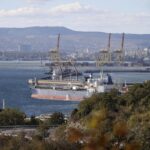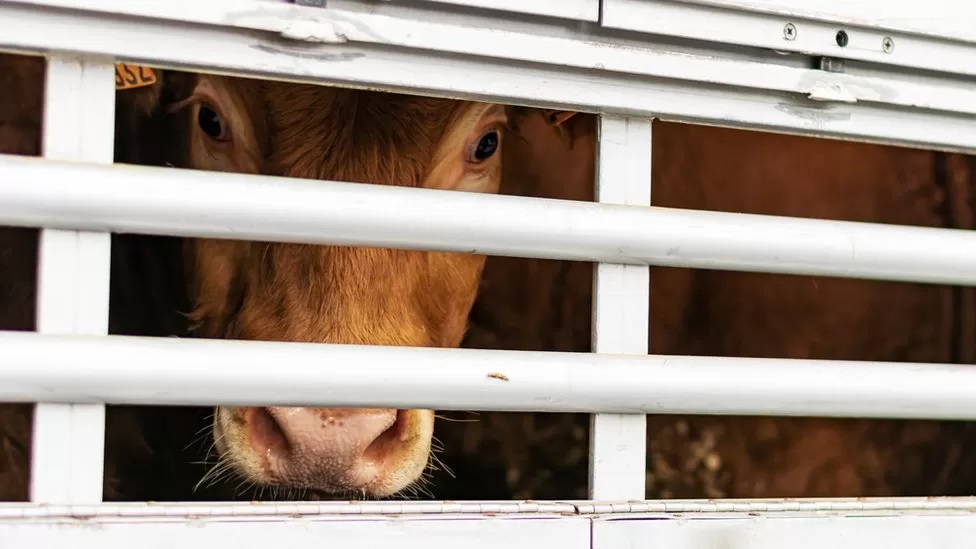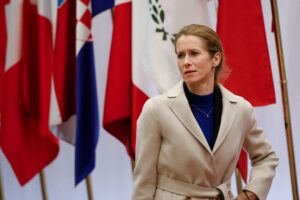Strike action by government employed vets in Northern Ireland will disrupt checks at ports and abattoirs, the NIPSA union has warned.
Union members in the Veterinary Service Animal Health Group (VSAHG) will begin five days of action on Monday, 30 October.
The union said it was due to a derisory pay award of £552 which is being imposed across the NI civil service.
Initially vets at the ports will walk out, with other members to follow.
More than 150 vets work in the VSAHG, along with technical, administrative and policy-making staff.
The action could have an impact on some food production plants.
The vets play a role in food safety, carrying out import and export checks, animal welfare inspections and developing policy.
Many food products have to be checked by vets in Northern Ireland’s ports as they arrive from Great Britain, under the terms of the Windsor Framework.
This mainly concerns so-called “red lane” goods which are due to travel onwards to the Republic of Ireland.
However, a proportion of “green lane” goods need an identity check to ensure the products have been accurately recorded on a packing list.
It is not yet clear how disruptive the action would be.
‘Kick in the teeth’
Nipsa general secretary Carmel Gates said her members were “fed up” with their pay, compared to their counterparts elsewhere in the UK.
BBC News NI has approached the Department of Agriculture, Environment and Rural Affairs (Daera) for comment.
Ms Gates said there was a “real and growing crisis” across Daera, “with problems recruiting and retaining staff in VSAHG and the key reason is historically low pay”.
“The latest paltry pay award, following decades of austerity and below inflation pay awards, is a further kick in the teeth to all hard-working civil servants.”
She called for “urgent engagement” to resolve the dispute.
The VSAHG’s function is critical in safeguarding animal welfare in Northern Ireland, protecting public health and enabling the export and import of animals and agri-food products.
The agri-food industry is worth £5.4bn to the local economy.
Part of their work also focuses on preventing, controlling and/or eradicating animal diseases that could pose a threat to the industry.
Source : BBC











